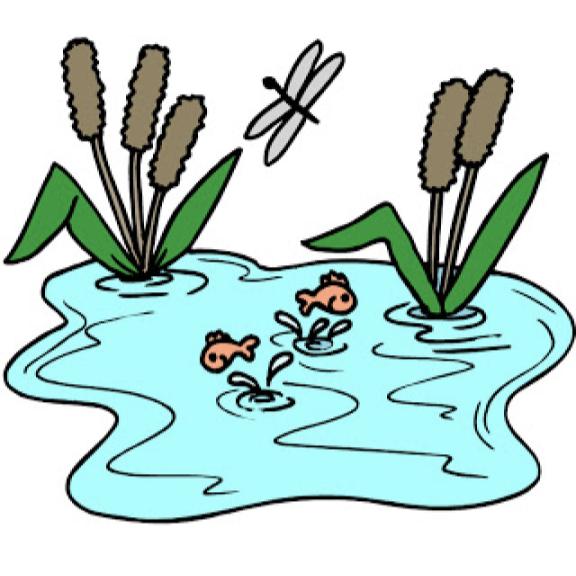
At Johns Hopkins University, I study past collaborations across disciplines and cultures in order to educate future engineering leaders. Most of us know that technology shapes society, but few appreciate how society also shapes technology. My teaching focuses on engineering culture, communications, and ethics. My research explores the origins of environmental engineering as a multidisciplinary field of applied science in the United States.
I received my PhD in History of Science and Technology at Johns Hopkins University in 2023. My dissertation, titled “The Pollution Experts: Engineers, Biologists, and the Problem of Water Quality in Rivers of the United States, 1935 to 1972,” analyzed the rise and development of water quality management, a multidisciplinary field of applied science, from the New Deal to the Clean Water Act. I wanted to assess the perspectives of two groups—engineers and biologists—during a period of striking developments in federal funding and regulations to address a growing crisis.
The definition of “water quality” that emerged during this period came from simultaneously tense and productive communication between engineers and biologists over how to define, monitor, and model river pollution. Engineers held managerial authority in state, interstate, and federal water pollution agencies by the 1950s, while biologists were relatively marginalized. The two groups had different tools, values, and ways of communicating their findings. Yet their need to collaborate with each other forced them to negotiate and overcome misunderstandings throughout the 1960s. Together, they influenced legal definitions of “pollution,” enshrined in the opening sentence of the Clean Water Act of 1972, which referred to the “chemical, physical, and biological integrity of the Nation’s waters.”
Before re-training as an historian, I worked as an electrical engineer at the Johns Hopkins Applied Physics Laboratory, where I built radio hardware for NASA’s Parker Solar Probe. My experience taught me some of the promise of engineering practice. Then I learned how to analyze engineering more broadly, with humanistic and historical perspective. To support the multidisciplinary field of engineering studies, I co-chair a working group at the Consortium for History of Science, Technology, and Medicine in Philadelphia.
